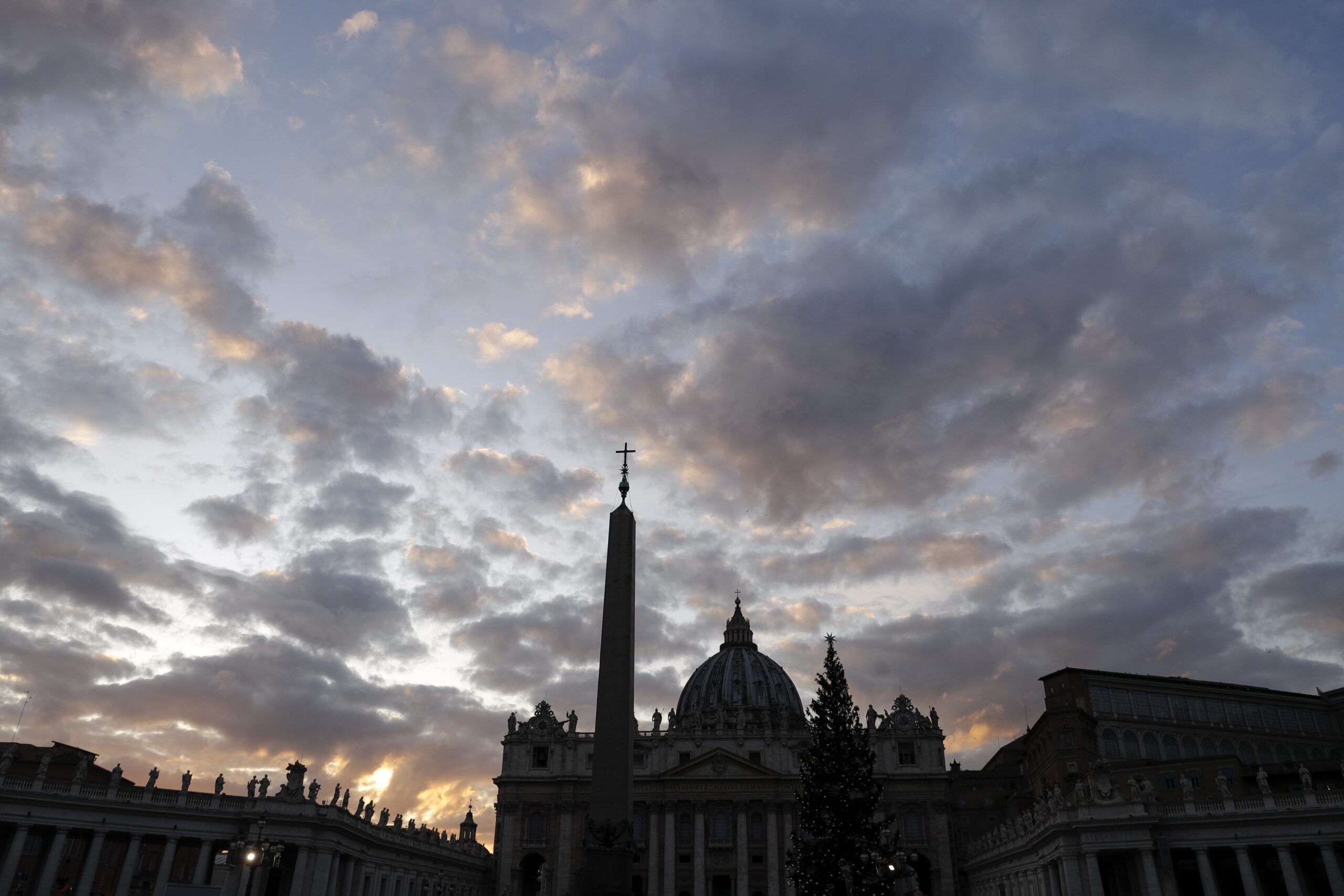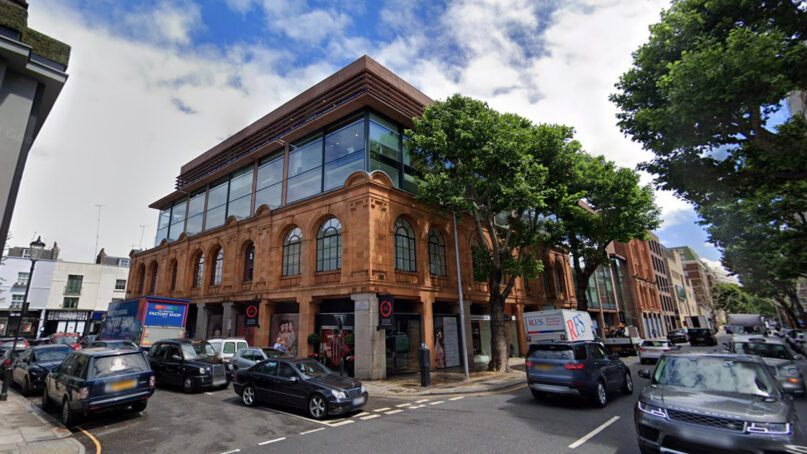VATICAN CITY (RNS) — Raffaele Mincione, the financier who brokered the Vatican’s 2014 failed investment in a London apartment complex, testified at the Catholic Church’s blockbuster corruption trial on Monday (June 6) that when the institution’s Secretariat of State reached out to him in 2017, its officials knew exactly what they were getting into.
“The word risk is specified at least 150 times in our fund,” Mincione told the Vatican tribunal. “It’s like when you go buy cigarettes and the words ‘Smoke Kills’ is written on it.”
Mincione, who is charged with fraud and embezzlement, is one of 10 individuals on trial in connection with the London investment, which eventually cost the church more than $300 million, Vatican prosecutors say, most of it derived from funds destined for charity.
After the Secretariat of State invested in Mincione’s fund, Athena Capital Fund, which owned the apartment complex, the Vatican sought to exit the investment, claiming that whatever profit it had expected was being eaten up in unexpected fees and commissions. In 2018, Vatican officials signed a contract ending its relationship with Mincione with the help of another Italian financier, and Mincione’s co-defendant Gianluigi Torzi.
Mincione began his testimony by detailing his 35-year-long career in finance, including his stint in the 1990’s at the Vatican Bank, officially known as the Institute for Religious Works. But he claimed it was he who “was duped” in the London real estate deal, blaming a lack of clarity about the relationship between the Secretariat of State and Credit Suisse, whose former employee, Enrico Crasso, a co-defendant in the trial, later became a Vatican investment adviser.
“My investor, Credit Suisse, is missing in this trial,” Mincione said, adding that he has filed a lawsuit against Credit Swisse because it has not released the nature of its contract with the Secretariat of State.
Mincione explained that his companies, which are based in London, Luxembourg and Milan, operated exclusively in high-risk investments. He said clients were asked to sign a contract in which they accepted a “huge fine” if they exited the deal before five years.
According to Vatican prosecutors, the fund that purchased the London real estate also invested in a pharmaceutical company that produces a morning-after pill to prevent pregnancy, a product the Catholic Church teaches is equivalent to abortion.
Mincione said that Credit Suisse provided a profile of the Secretariat of State that presented it as a professional investor, meaning it was well-equipped to understand the consequences of high-risk investments. He said he believed the description because “the Vatican is a sovereign state with structures and alliances allowing it to address any situation.”

The sun sets behind St. Peter’s Basilica, at the Vatican, Dec. 5, 2019. The Vatican’s sprawling financial trial may not have produced any convictions yet or any new smoking guns. But recent testimony in May 2022 has provided plenty of insights into how the Vatican operates. (AP Photo/Gregorio Borgia, File)
Mincione believed he could invest the Vatican’s funds freely, therefore, and claimed that doing otherwise would have led to a significant loss. As for the choice of investments, he said, “I am a fund manager. I don’t have to make an account to the Secretariat of State. I don’t have to explain the investments.”
Still, Mincione said he communicated with the secretariat through Monsignor Alberto Perlasca and another official, Fabrizio Tirabassi, about the functioning of the fund “out of courtesy” for a major client. Tirabassi is charged with extortion and fraud while Perlasca has become a witness for the prosecution.
RELATED: Vatican financial trial highlights intrigue and rivalries in the papal court
Crasso and Mincione met in 2012 while arranging for another Vatican investment in an oil well in Angola through a company belonging to financier Antonio Mosquito, Mincione said. The deal never happened because, Mincione added, he voiced doubts that Mosquito would have been able to repay the loan. Mincione advised the Secretariat to invest the money in the London property instead.
There was nothing unusual in Vatican money finding its way into London’s luxury real estate market. “A large portion of the money from the Lateran Pacts was invested in London properties,” Mincione said, referring to the deal signed in 1929 in which the Italian government awarded a significant amount of money and financial privileges to the Holy See. Through its financial departments, the Vatican “is probably the largest real estate owner in Italy and the world,” Mincione said.
The London deal was “in the investor’s comfort zone,” he added.
The trial will resume Tuesday, June 7, when Vatican prosecutors will continue to interrogate Mincione.
RELATED: When a celebrity becomes a bishop: Will Barron set aside Word on Fire for his new diocese?





